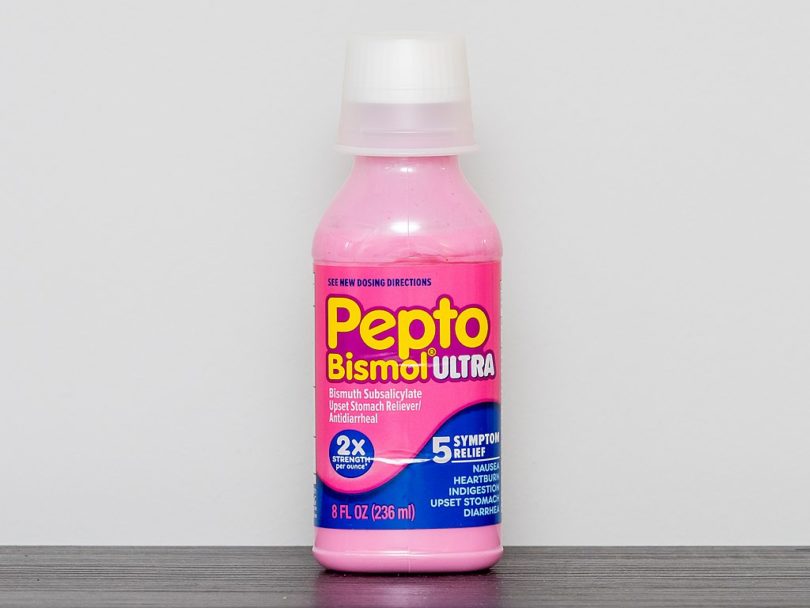Can Dogs Eat Halibut? Vet-Reviewed Nutrition Facts
Updated on

Click to Skip Ahead
Halibut is a type of ocean whitefish that provides excellent health benefits. This fish is loaded with high-quality protein, it has anti-inflammatory properties and offers sufficient amounts of vitamins, magnesium, phosphorus, and selenium. As if we are not providing enough good news, halibut is nutritious for dogs, too! So, if you’ve ever wondered if your dog can have halibut, the answer is yes.
How Much Halibut Can I Give My Dog?
Now that we know halibut is safe for dogs to eat, how much can they have? Even though halibut is safe, you still shouldn’t let your dog overindulge themselves, as it may contain low to moderate levels of mercury. However, halibut in moderation is safe to let your dog enjoy. So, how much can you give? It really depends on the age, size, breed, and activity level of your pooch. Talk to your veterinarian if you have any questions about how much halibut a dog can eat.
A safe rule of thumb is to consider halibut a special treat, and treats should only account for less than 10% of your dog’s daily diet. You don’t have to give halibut daily, but whenever you do provide it, only offer small amounts each time, such as a few pieces mixed in with your dog’s regular food.

How Do I Prepare Halibut for My Dog?
It’s vital to know how to safely prepare halibut for your dog, or any fish, for that matter. Here’s a rundown of what to avoid when preparing the fish for doggie consumption.
Avoid Raw Fish
Never give your dog raw fish of any kind. Feeding raw fish runs the risk of salmonella and listeria contamination, which are harmful bacteria that can make your dog very sick.
Avoid Fish Bones
Always debone the fish before feeding it to your dog. Bones can be dangerous and pose a choking hazard. These small and brittle bones can get lodged in the throat, stomach, and intestines and may even perforate the digestive lining. This is painful and dangerous for your dog and not worth the risk.
Cook Without Seasonings
As tempting as it is, avoid cooking the fish with butter, salt, herbs, or spices. While halibut is safe for dogs, adding seasonings and butter will suddenly make it not so healthy and safe.
You can steam, poach, grill, or boil the fish. Steaming or poaching with plain water is the best option for holding in all the nutrients. If you decide to grill the fish, take care not to add seasonings, butter, oil, onions, or garlic.

What Other Fish Can Dogs Safely Eat?
Fish used in commercial dog food are shorter-lived species and are the safest fish to give your canine companion. Here are some other safe fish to consider giving your dog:
- Herring
- Salmon
- Ocean whitefish
- Lake whitefish
- Flounder
- Catfish
- Cod
- Whiting
- Walleye
What Fish Can Dogs Not Eat?
While some fish are safe and nutritious for dogs, there are others that are not safe that you should be aware of. Typically, fish that are considered a long-lived species tend to have higher mercury levels and should not be given to your dog. They are as follows:
- Albacore tuna (canned)
- Swordfish
- Tilefish
- King Mackerel
- Shark
Wrapping Up
Halibut is a very nutritious fish you can eat, and your dog can enjoy it along with you. Remember not to add butter or seasonings to the fish, and only give it as a treat (not to exceed 10% of your dog’s daily diet.) Steam or poach the fish for the safest and most nutritious way to give your dog, and always avoid giving your dog long-lived species of fish, like swordfish, tilefish, shark, King Mackerel, and canned albacore tuna.
Featured Image Credit: Foodio, Shutterstock













